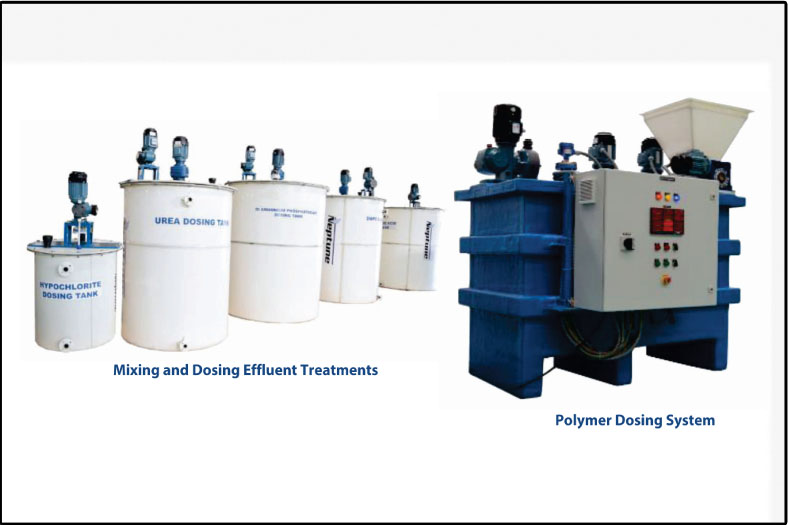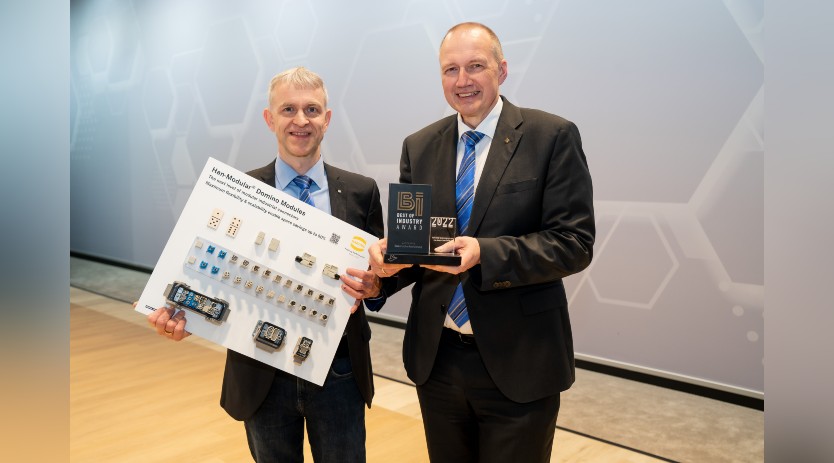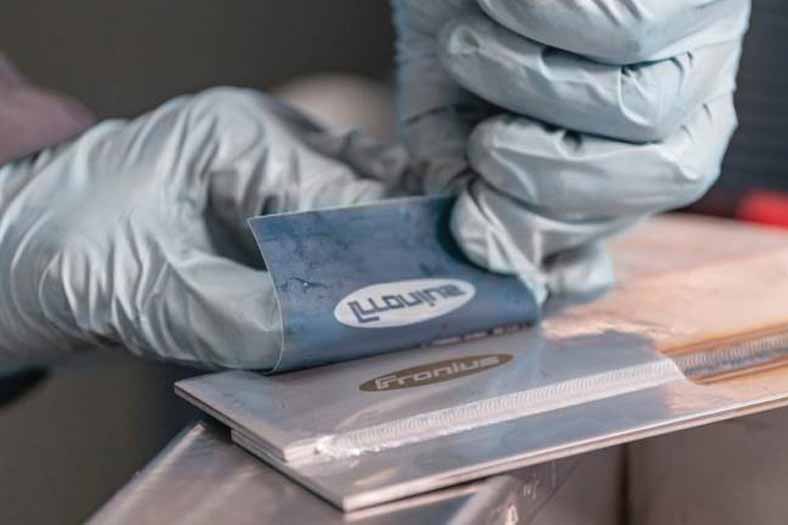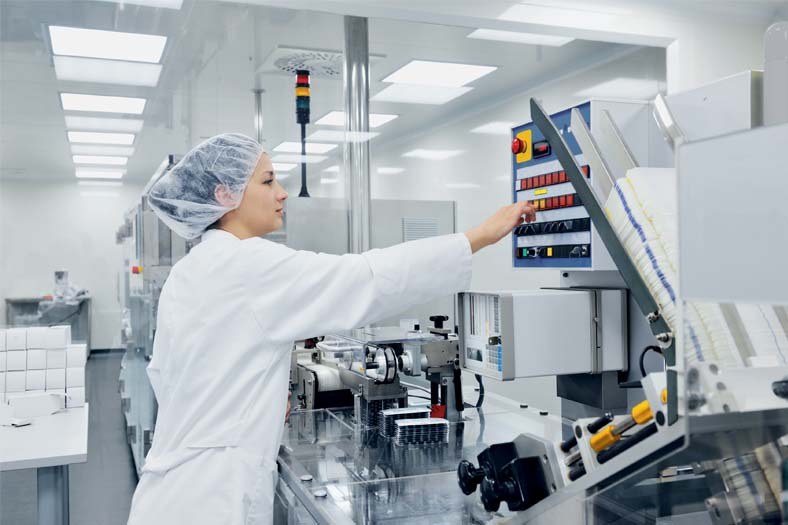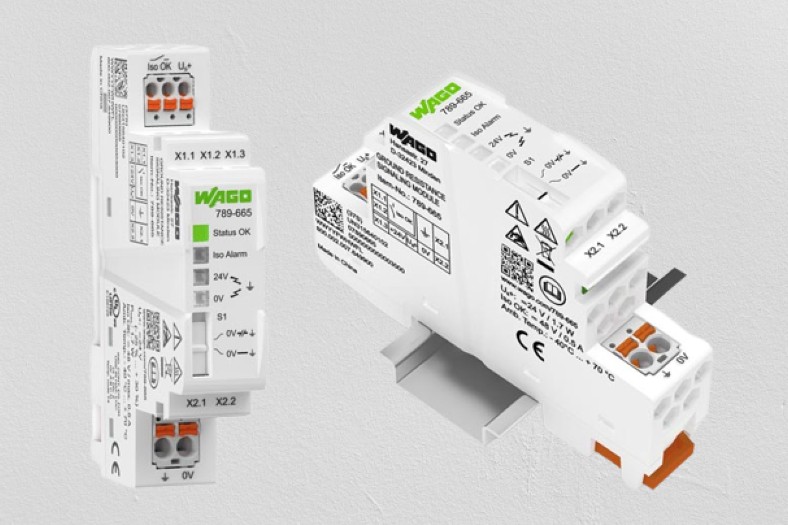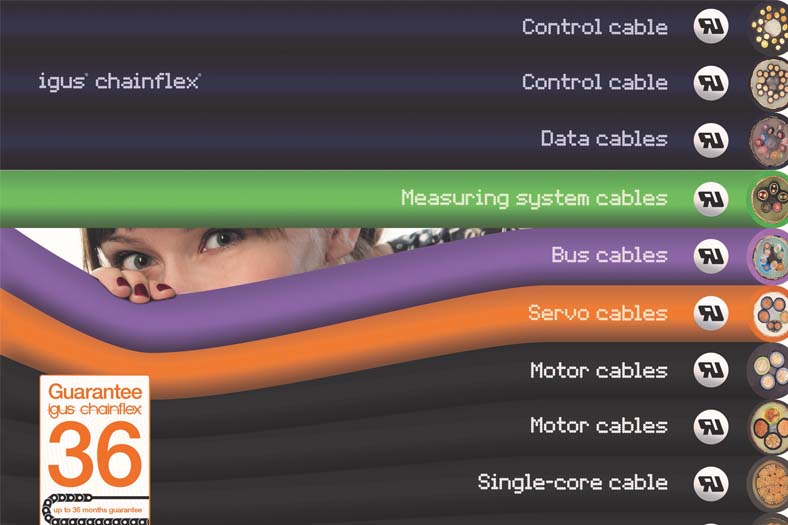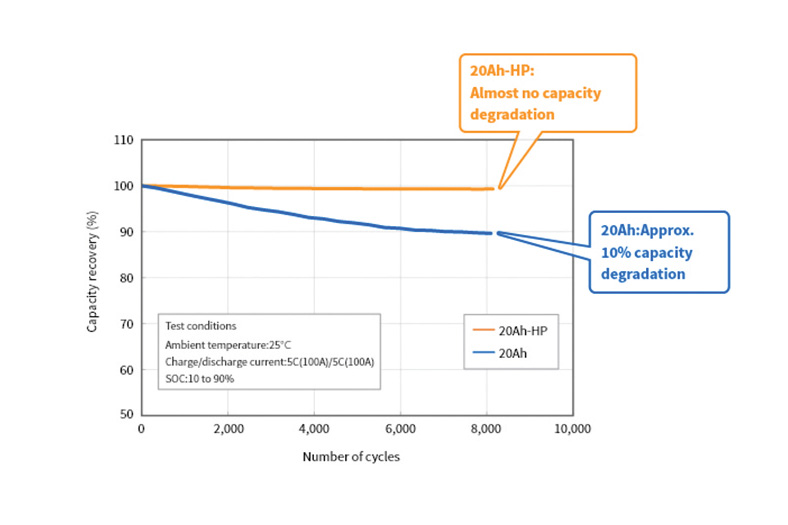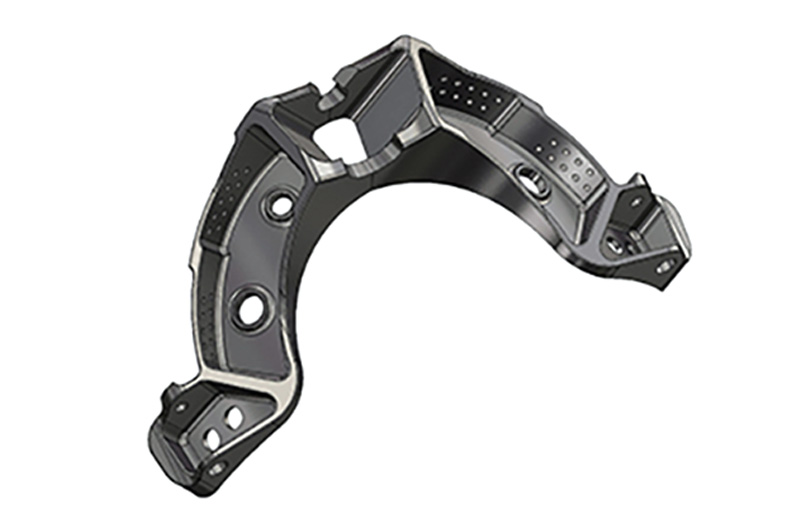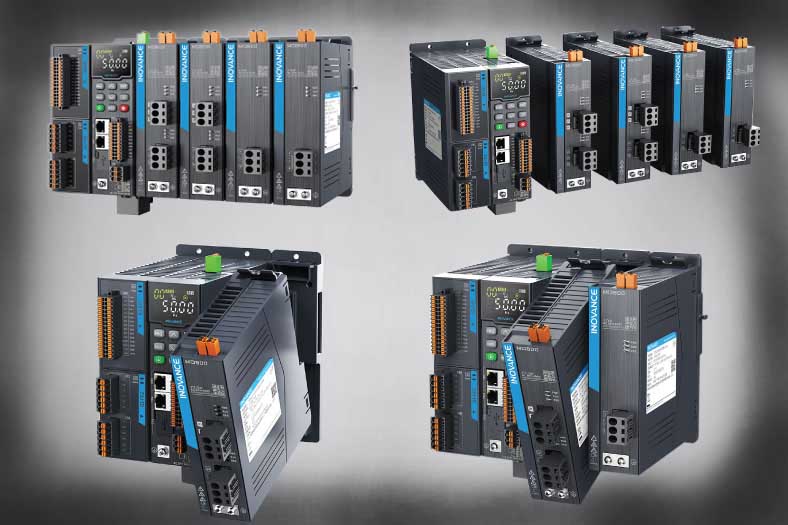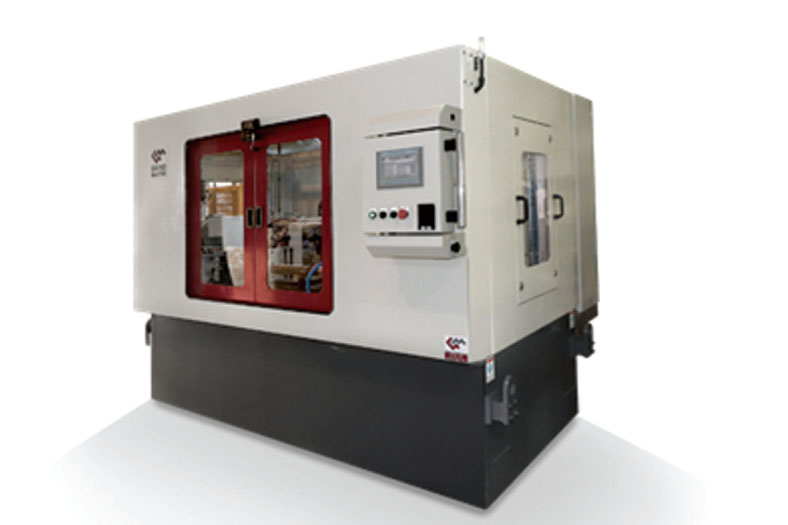Choosing the right chemical-metering pump for treatment of plant systems
By OEM Update Editorial November 13, 2018 3:10 pm IST
Faced with the wide array of chemicals that need to be used, wastewater-treatment plant operators can optimise operations by identifying and selecting the proper metering pump technology, be it hydraulic diaphragm, mechanical diaphragm, electronic diaphragm or peristaltic design.
At first glance, the treatment of municipal wastewater seems pretty straightforward. Water that has been fouled flows into the wastewater-treatment facility, makes its way through the treatment system where any harmful impurities or particulates are removed, and once it has reached a predetermined level of cleanliness, is either released to the environment, i.e. a local stream or pond, or sent out for reuse.
In reality, however, treating wastewater is a highly complicated process featuring any number of critical steps that must be performed to exacting criteria by highly technical pieces of equipment. The system is also only effective when proper chemicals are used to treat the water, and these chemicals can cover a wide range in terms of pH level, viscosity, material compatibility and handling characteristics. A few of the more commonly used chemicals in wastewater treatment applications, and their characteristics, include:
• Sodium hypochlorite: Known throughout the world as bleach, this liquid is most commonly used for disinfection at the treatment plant. It is one of the most difficult chemicals to handle as most metals will corrode when coming in contact with it, and it cannot be mixed or stored with ammonia and other acids, organics and reducing agents that might be used at the plant. It’s also difficult for metering pumps because of its tendency towards gas, which can cause metering pumps to become gas bound. Special vent valves are available for diaphragm pumps to prevent this from occurring. Also, peristaltic pumps can be used, which does not allow this phenomenon to occur.
• Sulfuric acid: Used for pH adjustment, it is provided either as a concentrate or dilute with concentrated solutions being less corrosive than dilute solutions. Concentrated solutions can be handled in many situations with cast iron, steel materials or Alloy 201 while dilute solutions require plastics such as PVC or Kynar.
• Sodium hydroxide: Used for pH adjustment, it is often provided in solution strengths from 25 per cent to 50 per cent. Special care is required for metering-pump elastomers, such as Viton (often a material used for 0-ring seals within a metering pump), which is not compatible. Also, especially when provided in higher solution strengths, this chemical has a tendency to gel in the pump if the pump is idle for a period of time. Flush valves or special pump heads can assist with this issue.
• Sodium bisulfite: It is one of the most commonly used dechlorinating agents at treatment plants. A mixer is commonly required to keep this chemical in solution in the metering-pump supply tank. Both plastics such as PVC and Kynar, as well as metals such as 316 stainless steel are suitable materials for this chemical.
• Emulsion polymer: Fed as a coagulant to assist the dewatering equipment within a wastewater-treatment facility, this chemical is often extremely viscous and is shear-sensitive, once hydrated. Diaphragm pumps with high-viscosity head designs or peristaltic pumps are often required.
Faced with the myriad chemicals that can be used in wastewater-treatment systems, and knowing that each one contains unique handling and implementation characteristics that must be followed to the letter, plant operators must be certain that they have selected the proper metering pump technology for their dosing applications. With that in mind, they must be made aware that there is no “one size fits all” solution to the metering pump selection. In fact, creating the most efficient, effective and – most importantly- safe chemical-handling operations in wastewater treatment will most likely require the use of different types of pump technologies, an of which bring their own set of benefits to the operation. Here’s a look at four pump technologies that can play a key role in an optimized wastewater-treatment operation if implemented properly
Mechanical diaphragm metering pumps
Solenoid diaphragm metering pumpsSolenoid actuated or electronic metering pumps are a viable economical option in wastewater treatment operations for low-flow/low-pressure chemical-dosing applications. They are generally available to a maximum of 20 gph (76 L/hr) and at those capacities maximum pressures are normally about 30 psi (2 bar). The lower and medium capacities are compatible with pressures of 100 to 150 psi with low flows (less than 1 gph) to more than 200 psi (14 bar). They offer a repeatable dosing accuracy of +/-3%. They are normally provided with an on-board relief valve to prevent pump damage from overpressurization.
Hydraulic diaphragm metering pumps
Hydraulically actuated diaphragm metering pumps are ideal for operation in the harshest chemical-handling conditions as they are a low-maintenance pump that is designed for 20 years of service. This longevity and low maintenance is largely due to most of-their moving parts being submerged in a bath of hydraulic fluid coupled with fact that the diaphragm is hydraulically balanced. Hydraulically balanced means that the hydraulic fluid is on the oil side of the diaphragm while the chemical being pumped is on the other side (wetted or process side) of the diaphragm. The piston, internal to the pump, pushes oil against the diaphragm but never comes in direct contact with it. These pumps are capable of pumping against extremely high pressures, if need be, so long discharge lines are not a problem.
Hydraulic diaphragm pumps are equipped with an adjustable internal relief valve that prevents an over-pressurized situation from happening and damaging the pump. They also offer a repeatable dosing accuracy of +/-1o/o.
Our state-of-the-art facility ensures quality, reliability and availability of the system and on-time support from receipt of material to after-market. Backed by well- known global brands, the in-house design and engineering team is ready to support you to develop the polymer dosing systems and custom- engineered skids for your specific critical & super critical applications.
PSG® offer a wide selection of innovative metering pump technologies from NeptuneTM for use in your water and wastewater systems designed to meet the new Swachh Bharat campaign. Together, let’s Clean India!
Cookie Consent
We use cookies to personalize your experience. By continuing to visit this website you agree to our Terms & Conditions, Privacy Policy and Cookie Policy.



